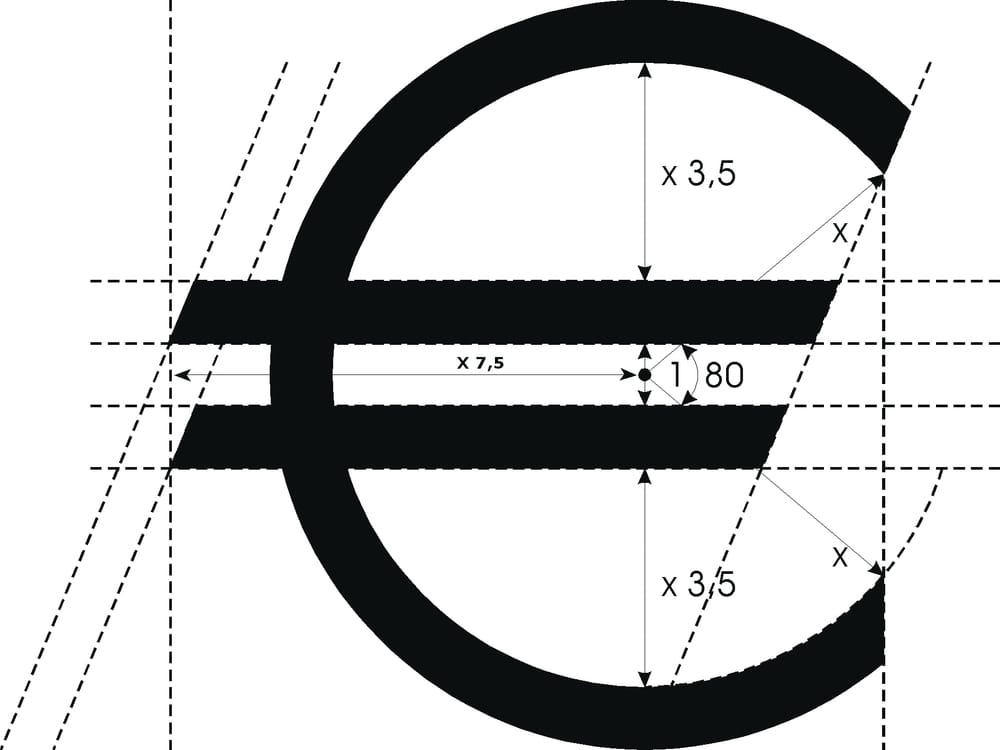The Euro is on life support: will Germany turn it off?
2010 was a turning point for the euro

“We can abandon the euro if our proposal is refused.” Angela Merkel, the German chancellor, said to George Papandreou, the Greece prime minister, during dinner at the EU summit in Brussels last October. The summit was held to discuss the euro crisis and a plan to bail out Ireland. Merkel had demanded a new legislation stating that bailed-out countries should lose certain voting rights in EU councils. Since it is only Germany that can pay a large amount of money as a bailout, the country is asked to bear the greatest burden whenever a debt crisis happens. Such unfairness has certainly made the German populace uncomfortable, but insisting on the loss of EU council voting rights was opposed by many other EU governments.
The other reason why Germany suggested that quitting the euro was an option may be that the bailout of Ireland is not the end of a sequence of bailout actions which started with Greece. Spain and Portugal will soon have the same debt problem, and they will call for bailout plans. To make matters worse, even though the EU, led by Germany, saves all these countries, an essential problem has not been resolved. As readers know, unlike the UK, in the present euro system each country which belongs to the eurozone cannot print euro banknotes to pay their governmental debts since all monetary policies, such as issuing euro banknotes in the Eurozone, are made by the European Central Bank (ECB), and therefore, whenever a nation in the eurozone hits a fiscal brink, the debt problem requires the ECB and the EU (particularly Germany) to pay up.
The more serious the euro crisis becomes, the more fragile the partnership among eurozone countries becomes. Now, we may well consider what the best solution for the debt problem of PIIGS (Portugal, Italy, Ireland, Greece and Spain) is. George Irvin, a columnist of guardian.co.uk, said “Greece could follow Argentina’s example in 2001-02, and default on the bulk of its sovereign debt. This would mean abandoning the euro, introducing a “new drachma” and probably devaluing by 50% or more.
Eight years ago, Argentina defaulted on the major part of its sovereign debt and survived quite well. Many economists predicted that Argentina’s debt default would result in currency collapse, hyperinflation and even greater economic contraction than it had endured during its 1999-2002 recession. Instead, after the 2001-02 debt default and subsequent devaluation against the dollar (from 1:1 to 3:1), GDP grew at over 8% per annum over the period 2003-2007 and annual inflation fell from over 10% per month in early 2002 to less than 10% per annum.”
He thinks that choosing to default and abandoning the euro are better than submitting to the ferocious and pro-cyclical conditionality imposed by Germany and the International Monetary Fund (IMF) – cutting its budget deficit by 11% over three years in return for a €120bn (£104bn) loan. His opinion is convincing. In general, devaluation caused by an increase in the monetary base in a country makes the country more competitive in terms of exports, which helps it recover from a recession. Unfortunately, in the eurozone, many countries which have small-sized economies cannot benefit from this devaluation. Thus Iceland, which has its own currency, the Iceland krona, is in a slightly better economic situation than PIIGS. The island country in the North Atlantic Ocean was in default in 2008, and the current account balance was -15% of its GDP, and then devaluation of krona improved its export as well as the current account balance to 3.7% of its GDP in 2009. The unemployment of Iceland worsened to 8% in 2010, but it is still better than Spain’s 20%, Ireland’s 14%, Greece’s 12% and Portugal’s 11% in 2010.
Irvin is not the only person who recommends that Greece should abandon the euro. Ivan Miklos, the Slovac finance minister, said “Greece and Portugal would be better off in a long run if they didn’t share the euro.” Miklos also said that the economies of the two nations and other southern eurozone countries were not fit enough for the euro, pointing out defects in the present euro system. Petr Necas, the prime minister of the Czech Republic, said that nobody could force his country to join the eurozone, and that it was solely up to the Czechs’ will. According to a poll last October, nearly 70% of Czech citizens oppose dropping their own currency. Describing the merit of controlling their own currency, he also said that entering the euro now, or even setting a target date, would be political and economic foolishness.
If Greece leaves the euro system, other nations may follow. If many of them quit the euro, the currency will disappear. Anyway, the year 2010 was the turning point for that currency.









